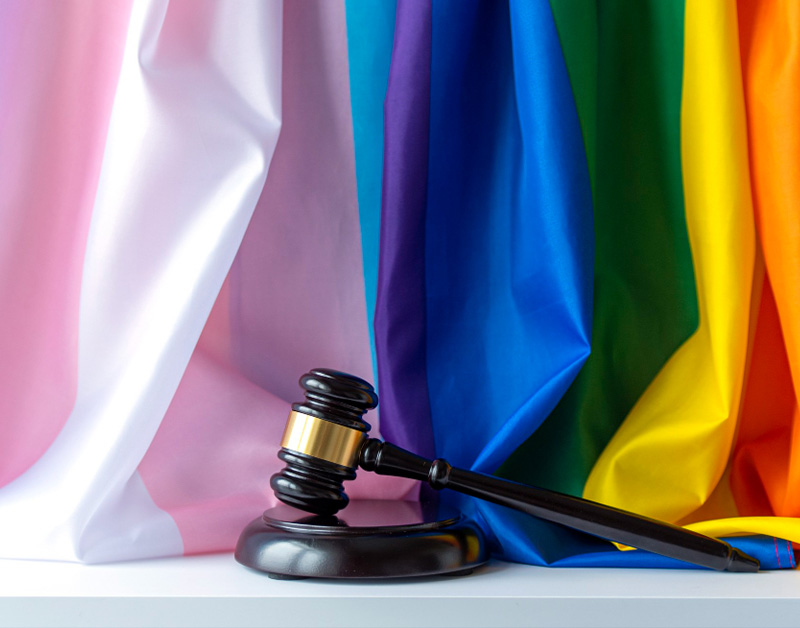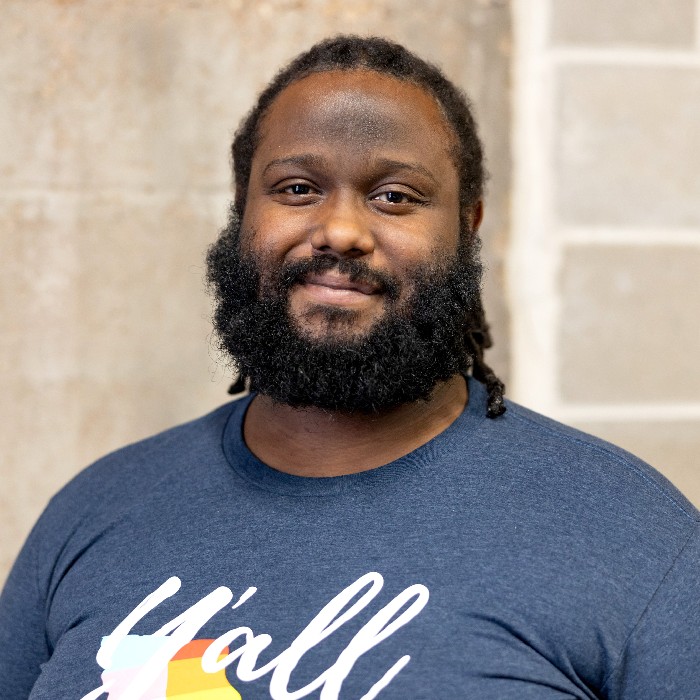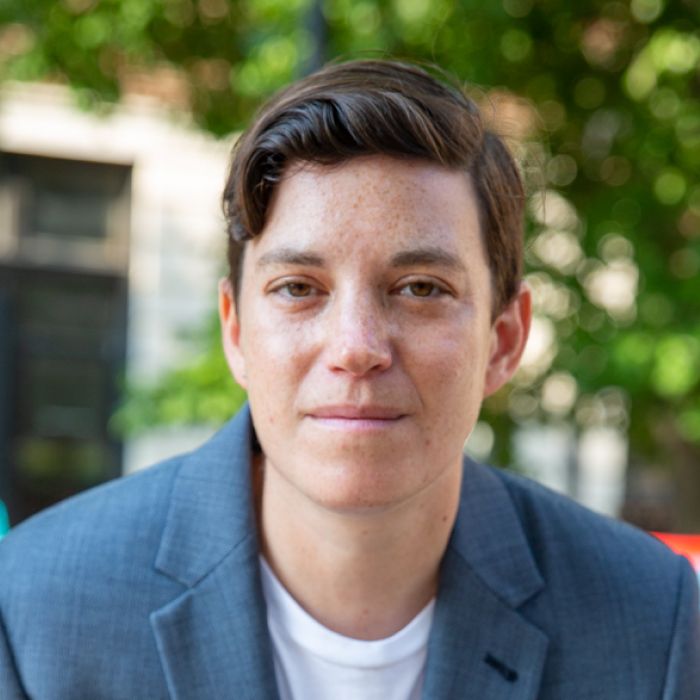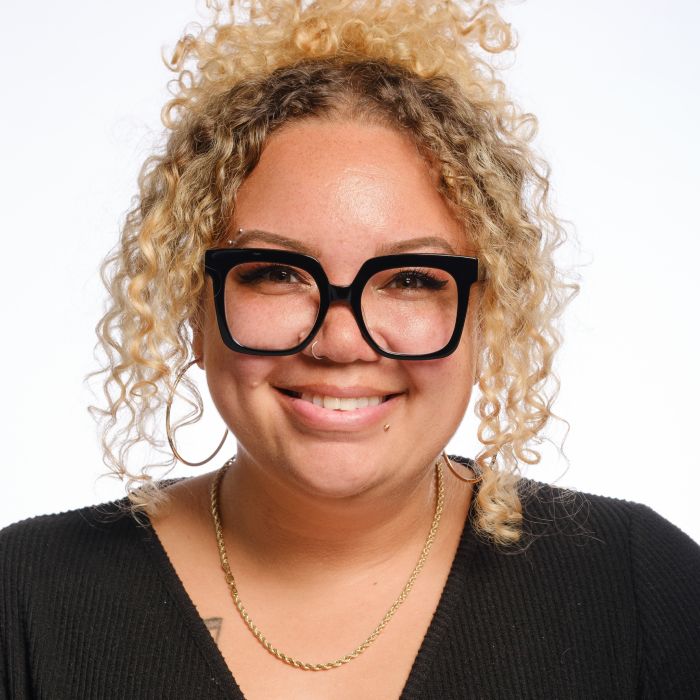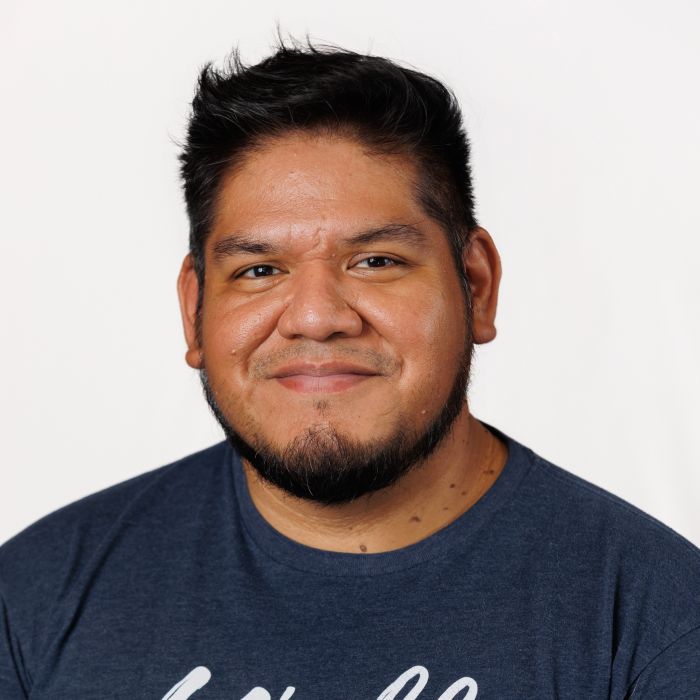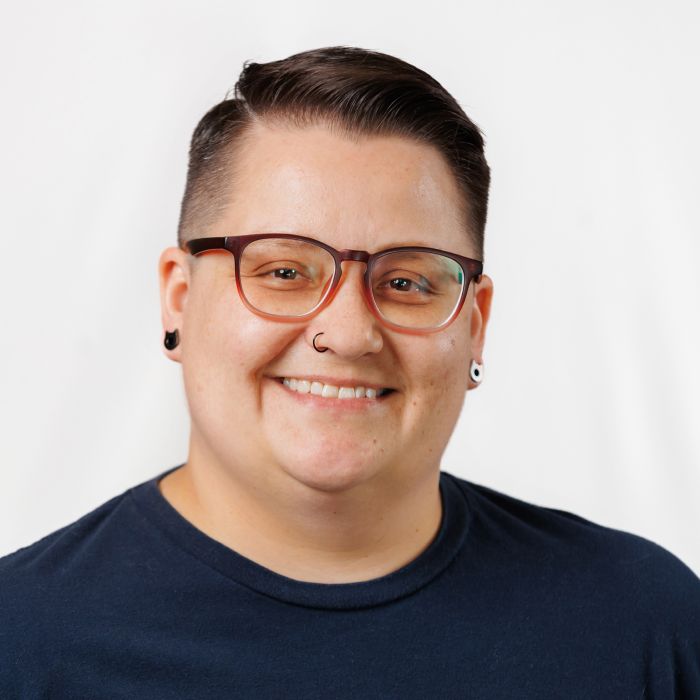On June 29th, I had the opportunity to stand by other supporters of reproductive justice at Reproaction’s Show Me Accountability Campaign Kick-Off, where activists, advocates, and organizations demanded that the Missouri Sanctity of Life Committee spend their time discussing how to support the lives of all Missourians. Missouri legislators, the ones that vote on laws that impact us, believe that “all lives matter.” Therefore, they must also address issues of:
- Infant and maternal mortality
- Healthcare access for all
- Living wages and economic disparities
- Gun violence
- Racial disparities in policing
- And legal discrimination that continues to exist against the LGBT community
These are the issues that affect the “sanctity of life” of all Missourians. They are the issues that legislators, and members of the Sanctity of Life Committee, continue to ignore. Instead, our legislators introduce even more harmful legislation that does not alleviate these issues but take them to the next level.
This powerful action happened just two days after the United States Supreme Court ruled in favor of Whole Woman’s Health in a 5-3 decision. This court case came from the implementation of HB 2 in Texas, which placed unnecessary restrictions and expensive requirements on abortion providers, inhibiting a person’s access to reproductive health care.
The intersections of the reproductive rights movement and other pro-social change movements cannot go unnoticed. One photo that spoke to the importance of this decision and the intersectionality of this movement stated, “Reproductive justice is also a trans issue.”
Equal, inclusive access to reproductive health care is an LGBTQ issue. True reproductive justice can only be accomplished when individuals of all gender identities are included.
Reproductive justice means that all individuals of all identities have the right to make decisions about their bodies when it comes to healthcare, family, and future planning. True reproductive justice demands that all people have equal access to these decisions about themselves and their bodies.
Again, reproductive health and reproductive justice can only be achieved if individuals of all gender identities are equally included and represented at the table. LGBTQ voices must continue to be lifted up in the reproductive justice movement. The Supreme Court’s ruling in Whole Woman’s Health v. Hellerstedt was one step in the right direction for the reproductive justice movement and making sure that it is inclusive of all identities.
Wednesday’s action is a reminder that even after the Supreme Court’s ruling, the reproductive justice movement is still happening. A great deal of that work continues in Missouri as we show up for reproductive justice and the lives of all individuals, regardless of their sexual orientation, gender identity, race, gender, class, and ability status. I look forward to coming together in solidarity as we continue to demand accountability. #ShowMeRJ
